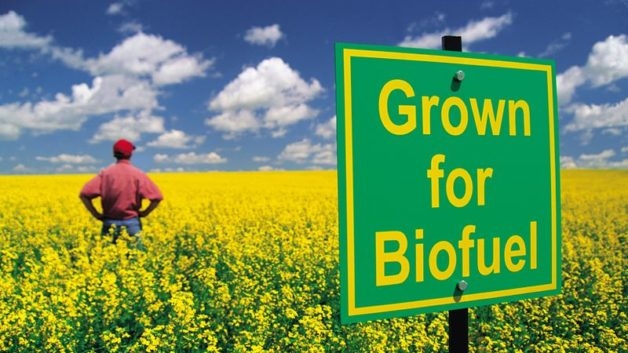
The UN’s climate science body; The Intergovernmental Panel on Climate Change (IPCC), have pointed out that the transport sector must include more biofuels and electricity in transport’s energy mix to win the climate change battle.
IPCC scientists indicated that policy targets should put the energy mix at the following percentages in order to curb emissions, which would mean that by 2030 biofuel-powered vehicles would still be as important as e-cars.
|
|
2020 |
2030 |
2050 |
|
Biofuels |
2% |
5.1% |
26.3% |
|
Electricity |
1.2% |
5% |
33% |
The IPCC singled out electromobility and biofuels as the two major drivers of transport sector decarbonisation in 2020, 2030 and 2050. It concludes that biofuels will displace more oil in 2020 and 2030 than renewable electricity will.
In the International Energy Agency (IEA) market forecast published at the same time as the IPCC report, modern bioenergy is expected to become the fastest-growing renewable sources between 2018 and 2023.
Emmanuel Desplechin, the Secretary-General of ePure, also shares this view; “People are still buying cars that run on liquid fuel and those cars will be on the road for a long time”. The best way to decarbonise these car fleets it to use low-carbon liquid fuel, like HVO. There is significant “untapped potential” of biofuels in fighting climate change. “The public wants results now to lower emissions. They shouldn’t have to wait decades for electric vehicles to become more commonplace.”
Source: euractiv.com.
IPCC report published 8th October 2018.